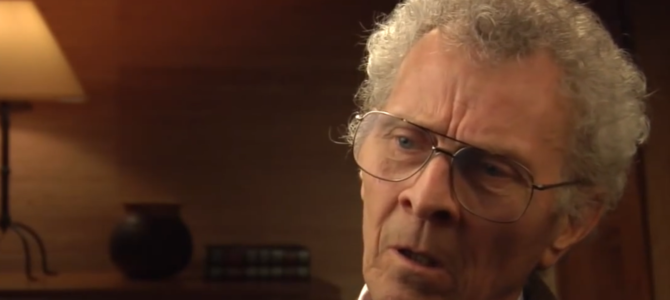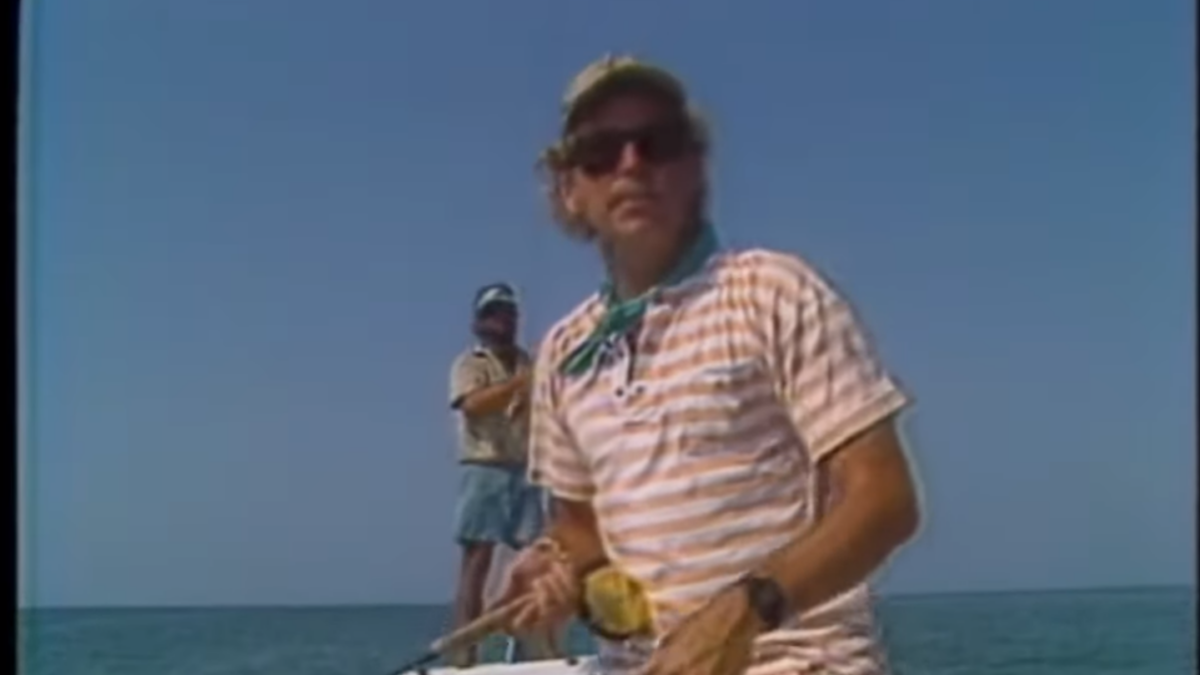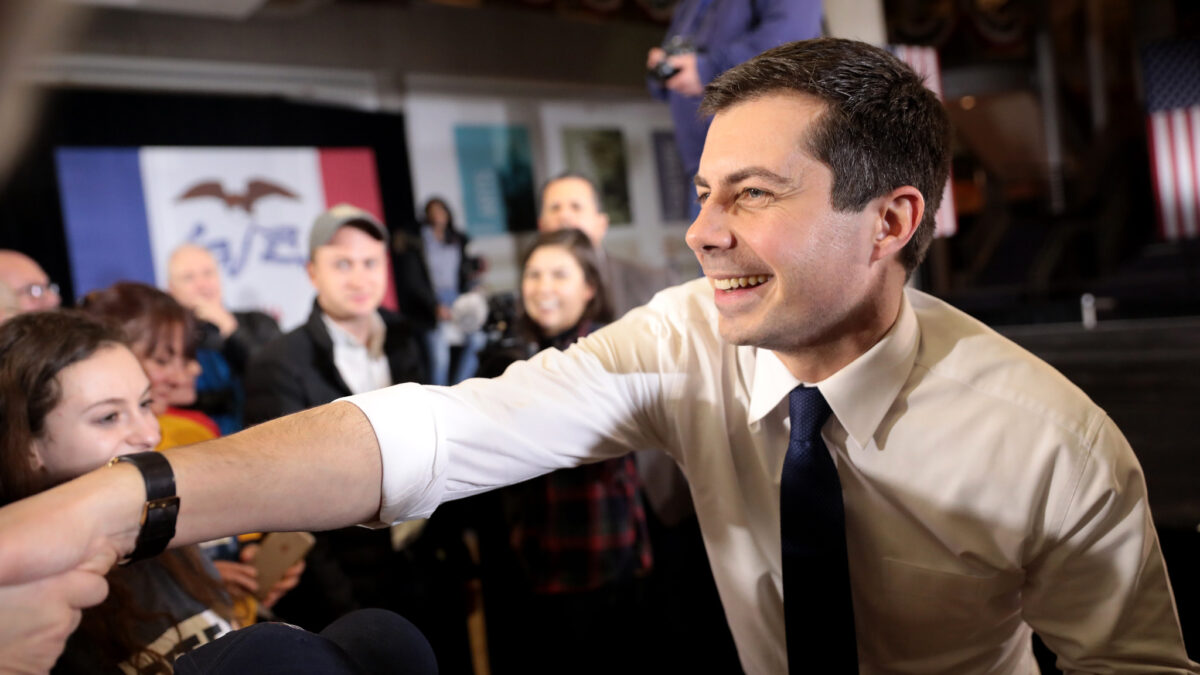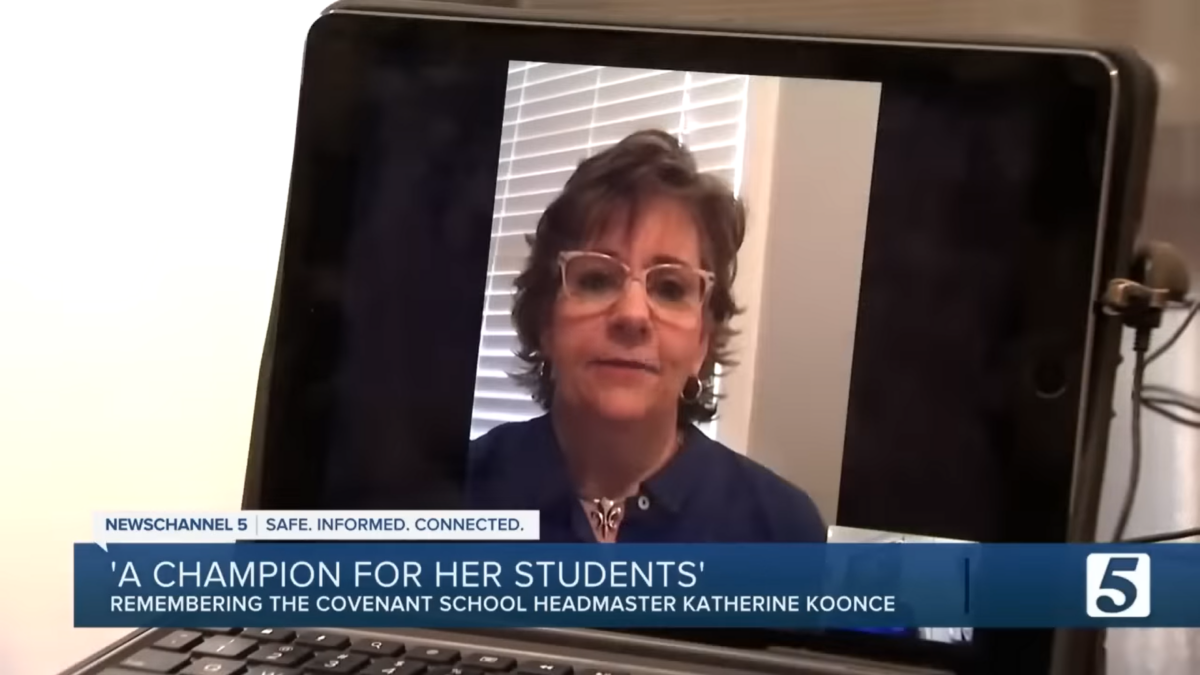
As corporate media spin resembles propaganda more every day, America recently lost a man who truly understood the responsibilities of good journalism and the gravity of free speech. Bob Chitester, who lost his seven-year battle with cancer in May, spent much of his life advocating for personal, political, and economic freedom.
Chitester created the PBS series “Free To Choose” with Nobel laureate Milton Friedman, inspiring Friedman’s book by the same name. He also established Michigan’s most advanced audio/visual program of its time at Saginaw’s Buena Vista High School in the early 1960s, was a tenured professor at Edinboro State University, and founded Erie, Pennsylvania’s PBS and NPR stations.
One of Chitester’s favorite quotes was from Bernhard Haisch: “Advances are made by answering questions. Discoveries are made by questioning answers.”
How many of us are quick to answer questions, yet not question answers? Our country in general, and the media in particular, would benefit greatly from more Bob Chitesters – open-minded individuals who mindfully respect the profession of journalism and its fundamental responsibility to be transparent, balanced, accurate, and fair, letting the audience make up their own minds.
Sadly, too much of our media consumption today has been hijacked by partisan advocates who present incomplete or distorted viewpoints (or ignore a topic altogether) to further particular agendas, drowning out the diversity of thought that has enabled so many watershed moments in our history.
One such moment occurred in 1977, after noted Harvard economist John Kenneth Galbraith published his popular book, “The Age of Uncertainty,” a call for European-style political and economic socialism in the United States. PBS, along with the Canadian Broadcasting Corporation and the British Broadcasting Company, created a series of videos based on the book.
Chitester saw no balance to that program and that same year, he approached W. Allen Wallis, the President Richard Nixon-appointed chair of the Corporation for Public Broadcasting, with his desire to produce a video series that would counter “The Age of Uncertainty.” Wallis introduced Chitester to Friedman, who later that year was awarded the Nobel Prize in Economics. Chitester convinced a reluctant Friedman and his economist wife Rose to create “Free To Choose,” and a life-long friendship began.
When the “Free To Choose” videos were completed, the Friedmans so loved the project that the release was delayed until January 1980 to give them time to finish writing a companion book. The book became an international bestseller, and the television series had an estimated initial viewership of more than 15 million people.
The book changed the world by introducing Friedman’s free-market principles of personal, economic, and political freedom and individual responsibility. Former Warsaw Pact countries used the book to establish new governments, and economics students around the globe studied the series and book to gain an understanding of how the free market engenders prosperity.
President Reagan would pay the Friedmans and Chitester perhaps the highest tribute of their professional careers when he said the program was “a survival kit … for America and freedom.” British Prime Minister Margaret Thatcher — who, like Reagan, was featured in “Free To Choose” — would say, “Milton Friedman revived the economics of liberty when it had been all but forgotten.”
Later, Chitester established the “Free To Choose Network” (FTCN), which continues to produce public television documentaries advancing free ideas and houses the “Idea Channel” — recordings of more than 200 intellectual discussions including programs with 16 Nobel Prize recipients. Most recently, FTCN produced “Thomas Sowell: Common Sense in a Senseless World,” hosted by the Manhattan Institute’s Jason Riley. Other Chitester ventures include “Stossel in the Classroom” and “izzit.org,” the latter providing free video-based teaching materials to educators.
Arguably, the most powerful watershed moment of the 20th century occurred nearly 34 years ago, when President Reagan stood before the Brandenburg Gate in West Berlin. On an overcast June day, he noted the Soviet Union was coming to understand the importance of freedom and economic enterprise.
Before his iconic line, “Mr. Gorbachev, tear down this wall!” he reminded the audience capitalism and freedom had “achieved a level of prosperity and well-being unprecedented in all human history. In the Communist world, we see failure, technological backwardness, declining standards of health, even want of the most basic kind — too little food.”
In the years following President Reagan’s speech, socialist regimes collapsed, reminding us socialism has failed in every country that has tried it. Yet even with this evidence, some people remain smitten with socialist principles, wanting to place greater economic decision-making in the hands of the government.
This infatuation with socialism is growing among a vocal leftist minority in America, with people like Rep. Alexandria Ocasio-Cortez and Sen. Bernie Sanders at the helm. Perhaps even more sinister is the covert attempt to stifle free thought by propagandist media and big tech censors. Like Chitester, we must fight for true diversity of thought in a forum that is open, balanced, accurate, and fair.









